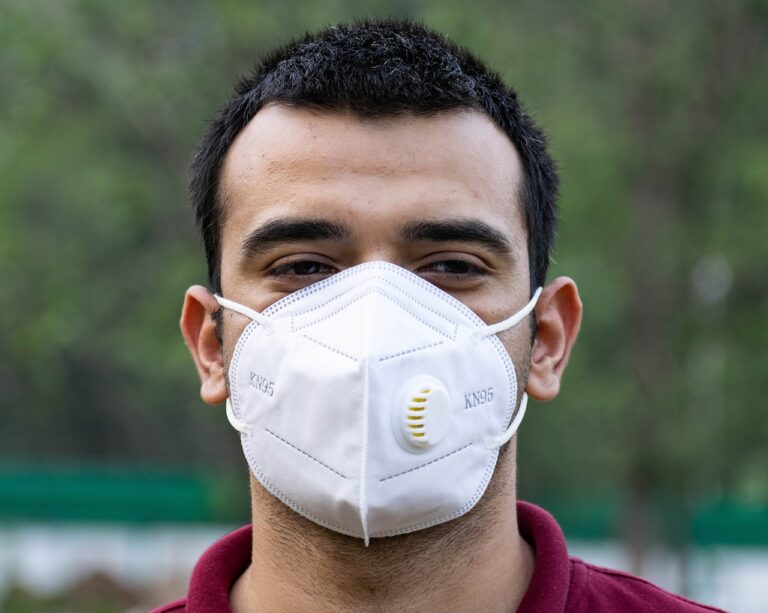Internal Medicine and Women’s Health: Addressing Unique Needs
11xplay online id, anna reddy book, golden7777.com admin: Internal Medicine and Women’s Health: Addressing Unique Needs
In the field of internal medicine, healthcare providers are trained to diagnose and treat a wide range of adult health conditions. However, when it comes to women’s health, there are unique needs that must be addressed. From reproductive health to menopausal issues, women often face different challenges than men when it comes to their overall well-being. In this article, we will explore some of the key aspects of internal medicine that are specific to women’s health and discuss how healthcare providers can best address these needs.
The Importance of Women’s Health
Women’s health encompasses a broad range of issues, including reproductive health, breast health, menopause, and more. While many internal medicine providers are well-versed in these areas, it is important for healthcare professionals to be aware of the unique needs and concerns that women may have. By taking a holistic approach to women’s health, providers can ensure that their patients receive the best possible care.
Reproductive Health
One of the most significant aspects of women’s health is reproductive health. From puberty to menopause, women’s bodies undergo significant changes that can impact their overall well-being. Internal medicine providers play a crucial role in ensuring that women receive the necessary screenings and treatments to maintain their reproductive health. This can include pap smears, mammograms, contraception counseling, and more.
Menopause
As women age, they will eventually go through menopause, a natural process that marks the end of their reproductive years. During this time, women may experience a variety of symptoms, including hot flashes, mood swings, and changes in libido. Internal medicine providers can help women navigate this transition by providing support, education, and potential treatment options to alleviate symptoms.
Breast Health
Breast health is another critical aspect of women’s health that internal medicine providers must address. Regular breast exams and mammograms are essential for early detection of breast cancer, which is crucial for successful treatment. Additionally, providers can offer guidance on breast self-exams and risk factors for breast cancer to empower women to take control of their own health.
FAQs
Q: Is it necessary for women to see an internal medicine provider for their healthcare needs?
A: While women can certainly see a primary care provider or gynecologist for their healthcare needs, internal medicine providers are well-equipped to address a wide range of adult health conditions, including those specific to women’s health.
Q: What screenings are important for women’s health?
A: Some essential screenings for women’s health include pap smears, mammograms, bone density scans, and cholesterol tests. These screenings can help detect potential health issues early on and guide treatment decisions.
Q: How can internal medicine providers support women during menopause?
A: Internal medicine providers can offer support, education, and treatment options to help women manage symptoms during menopause. This may include hormone replacement therapy, lifestyle changes, or other interventions to alleviate symptoms.
Q: What should women do if they have concerns about their reproductive health?
A: Women should not hesitate to raise any concerns they have about their reproductive health with their healthcare provider. Open communication is essential for addressing any issues and developing a personalized care plan.
In conclusion, internal medicine providers play a crucial role in addressing the unique needs of women’s health. By taking a holistic approach to care, providers can help women navigate reproductive health, menopause, breast health, and other issues with confidence and support. By prioritizing women’s health and well-being, healthcare providers can ensure that all women receive the care and attention they deserve.







